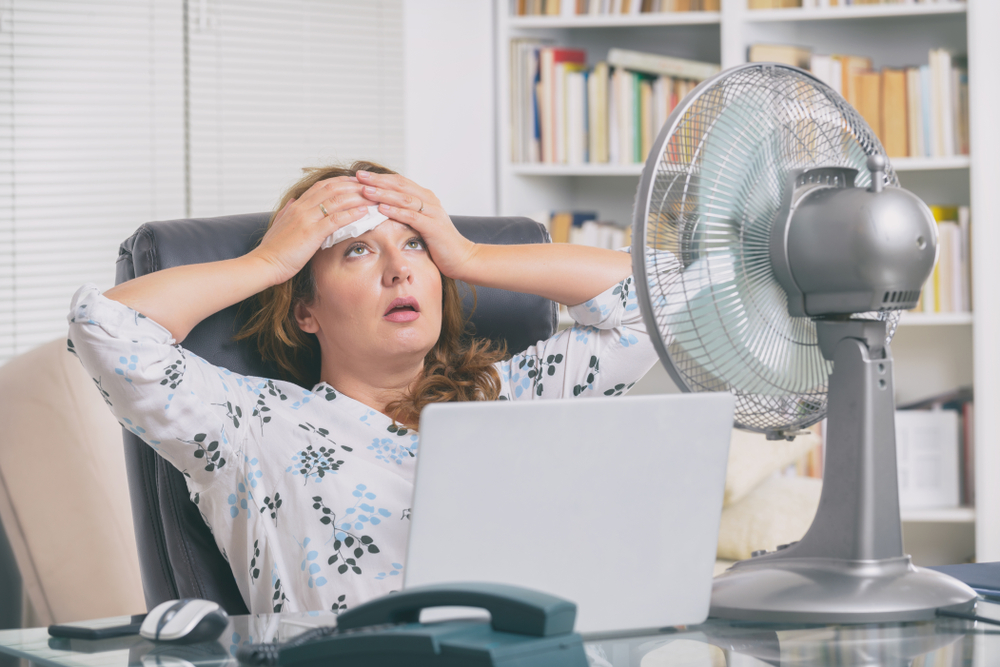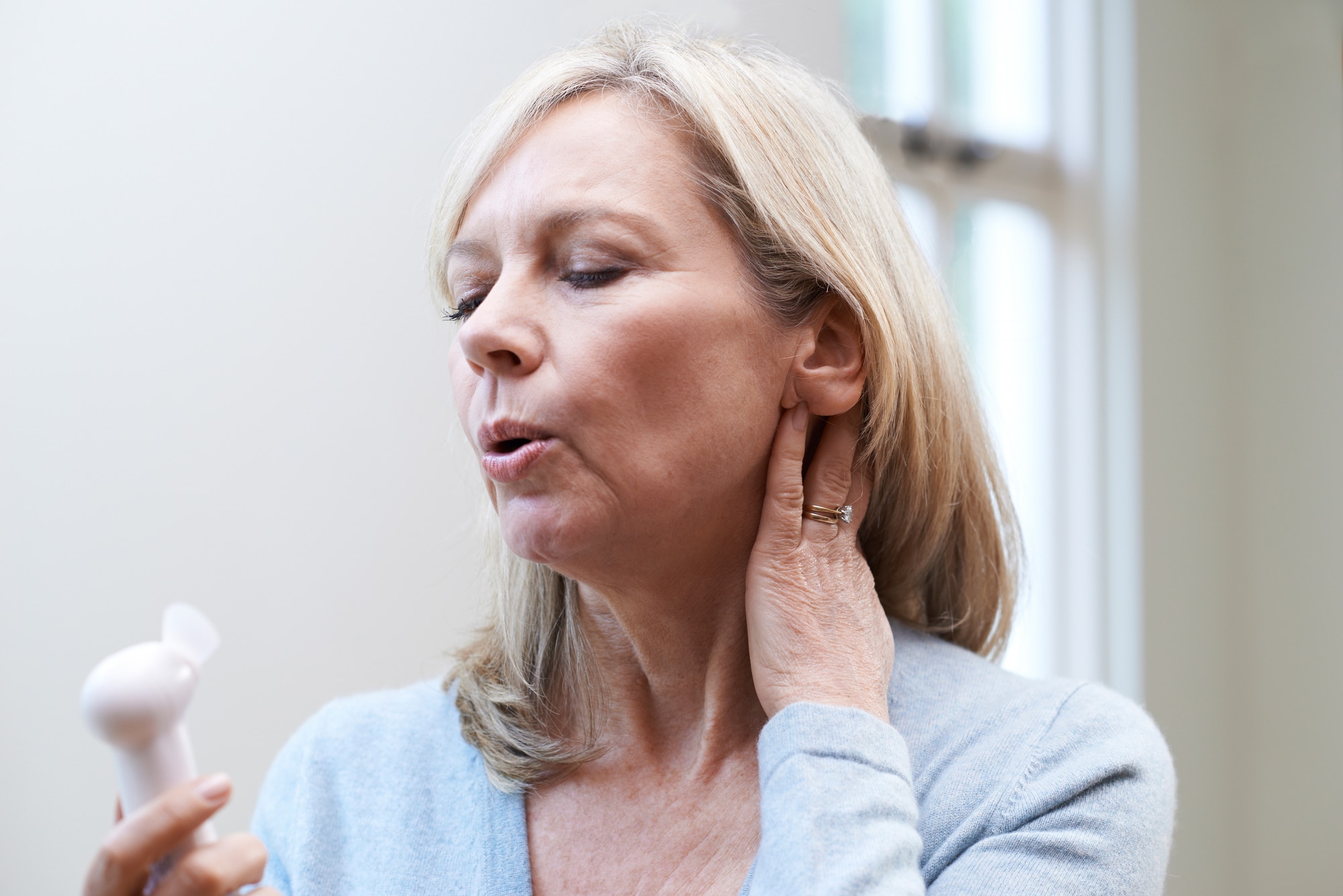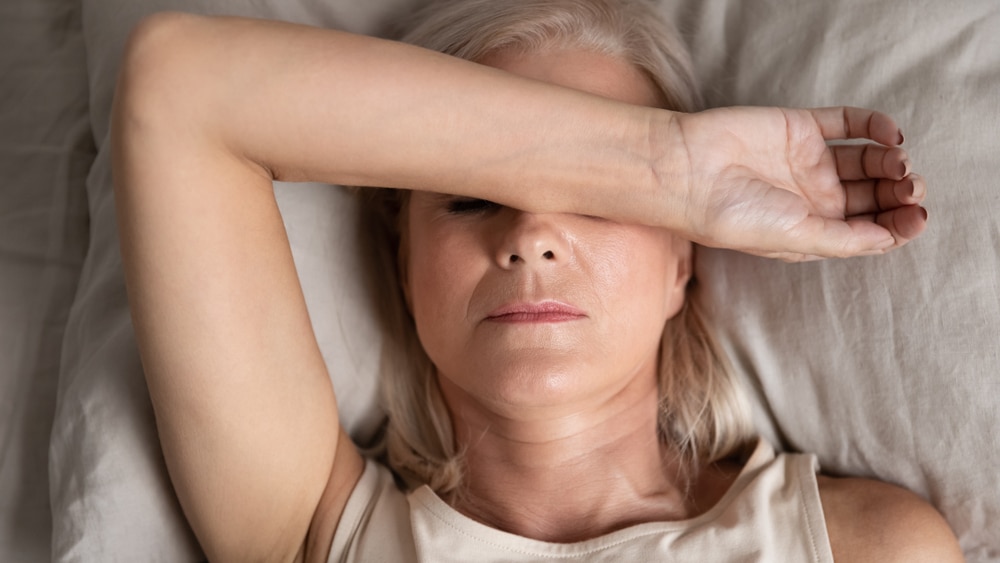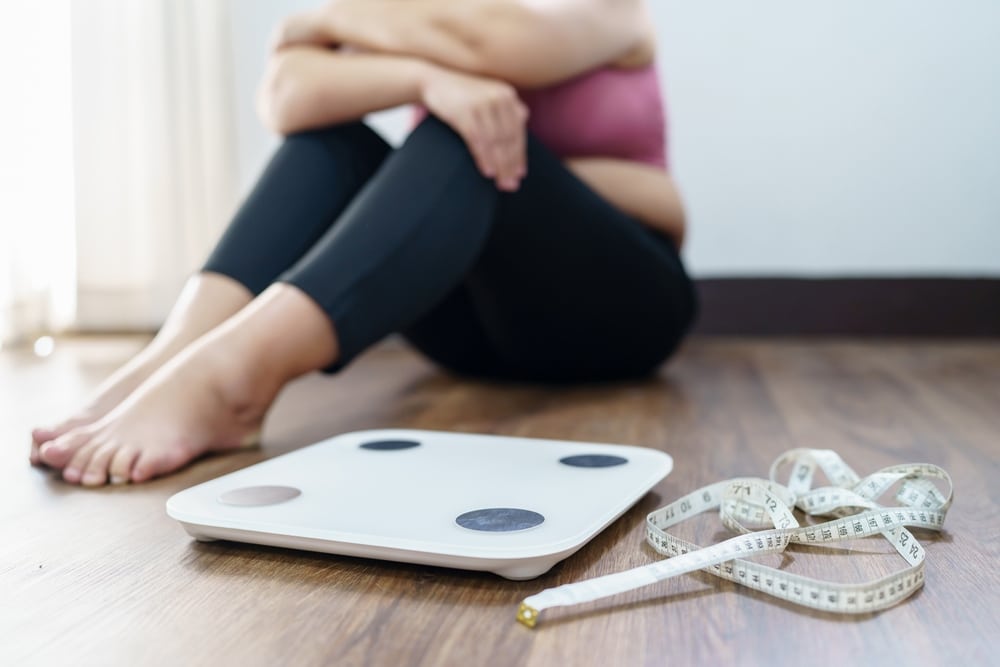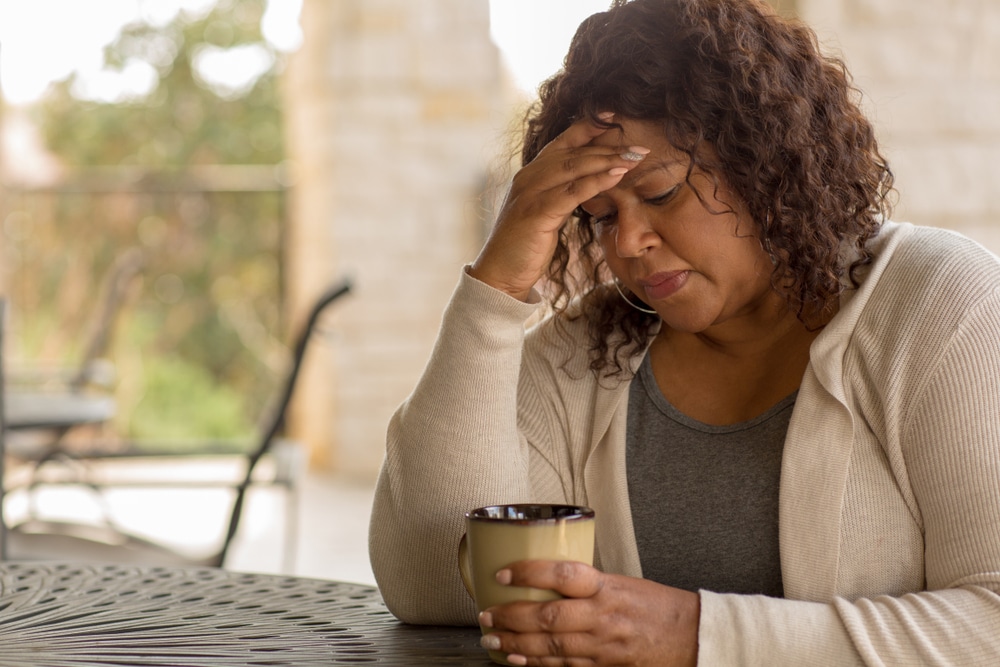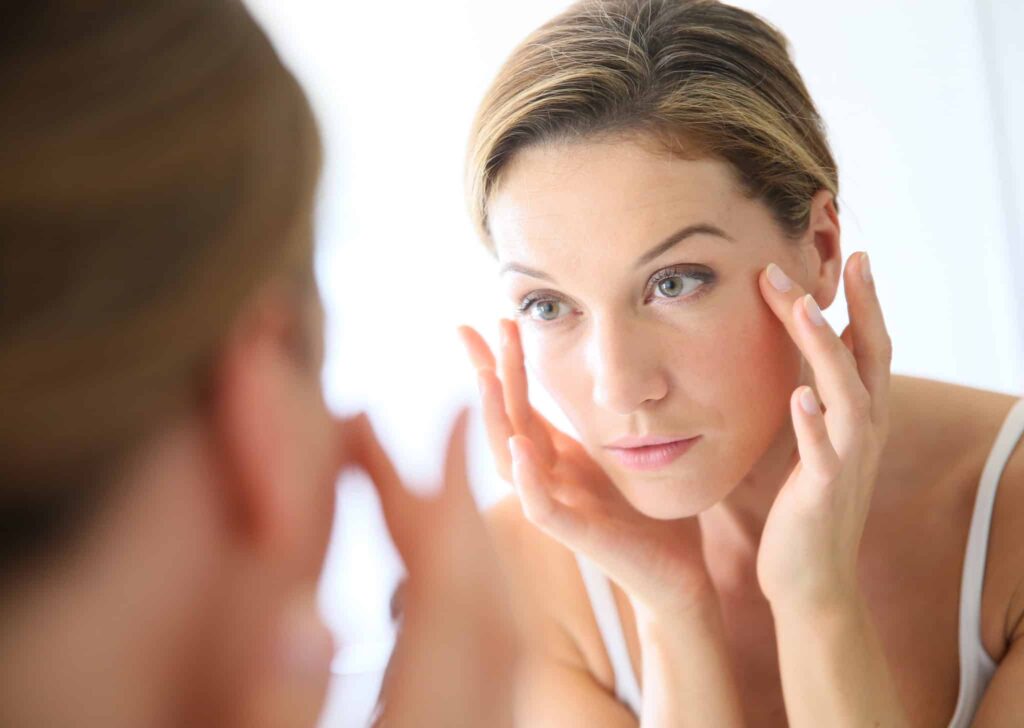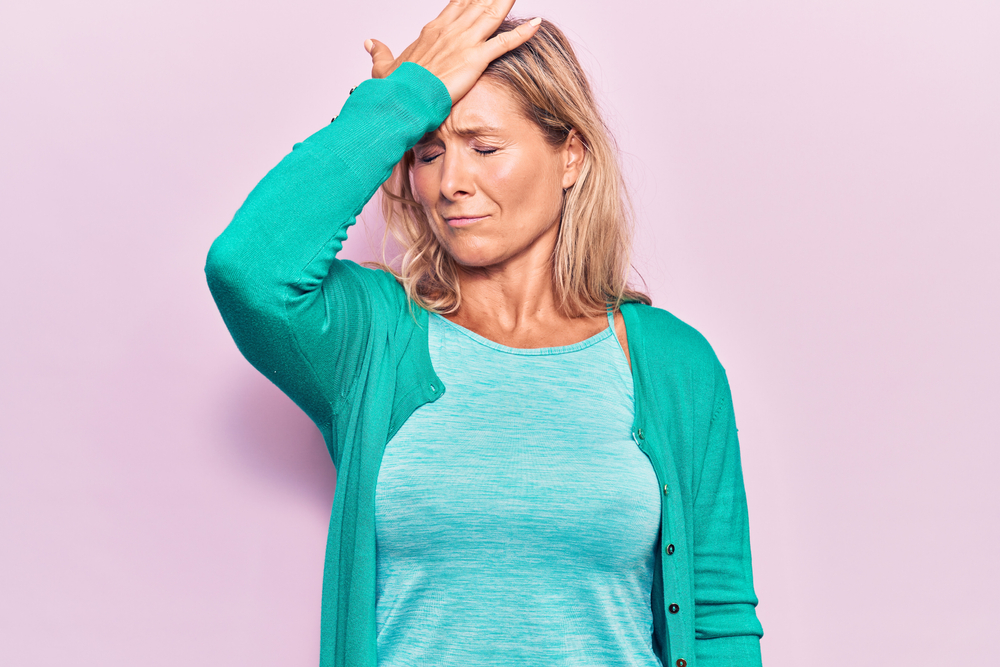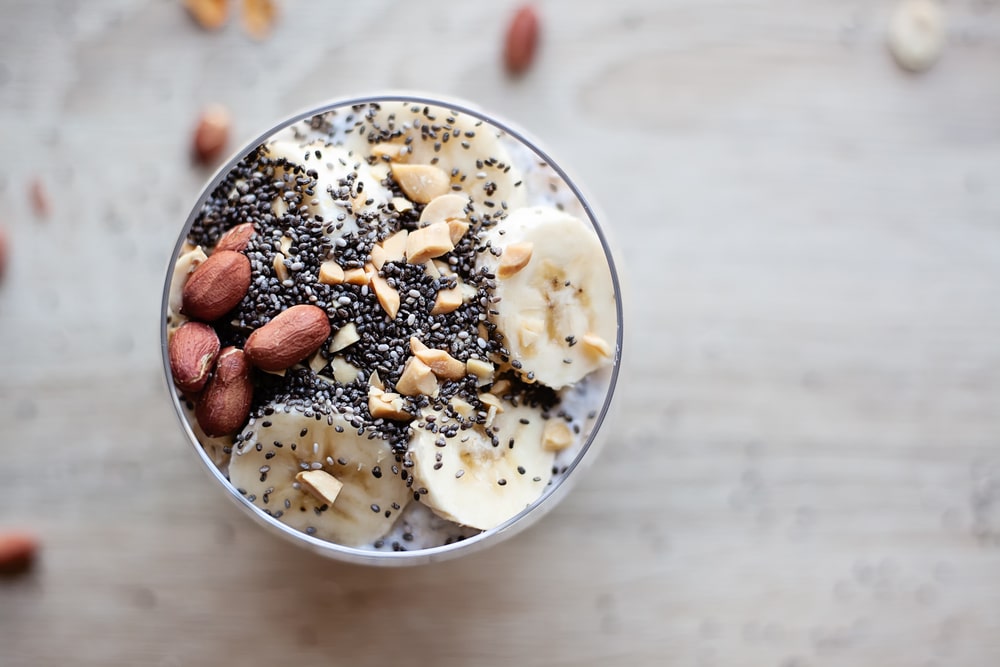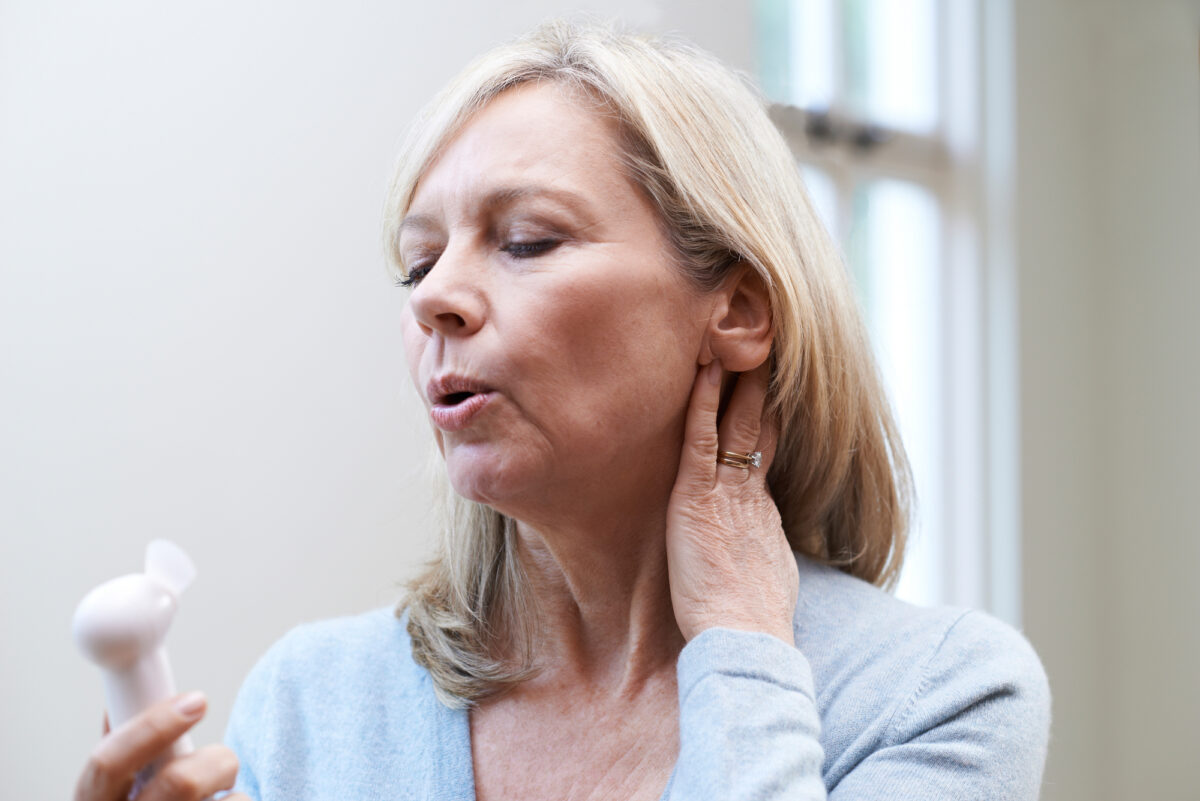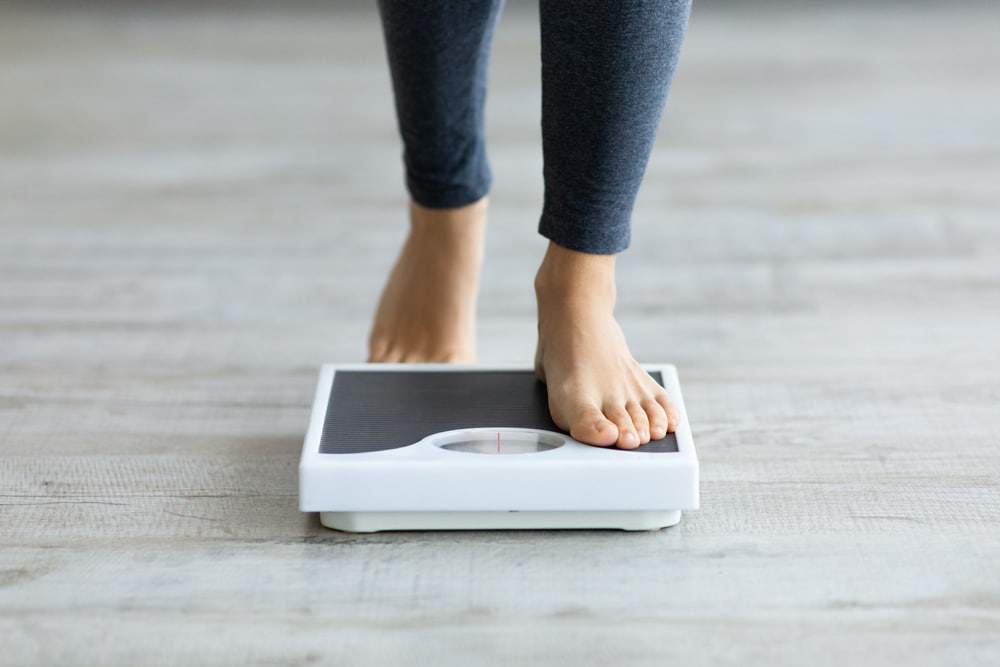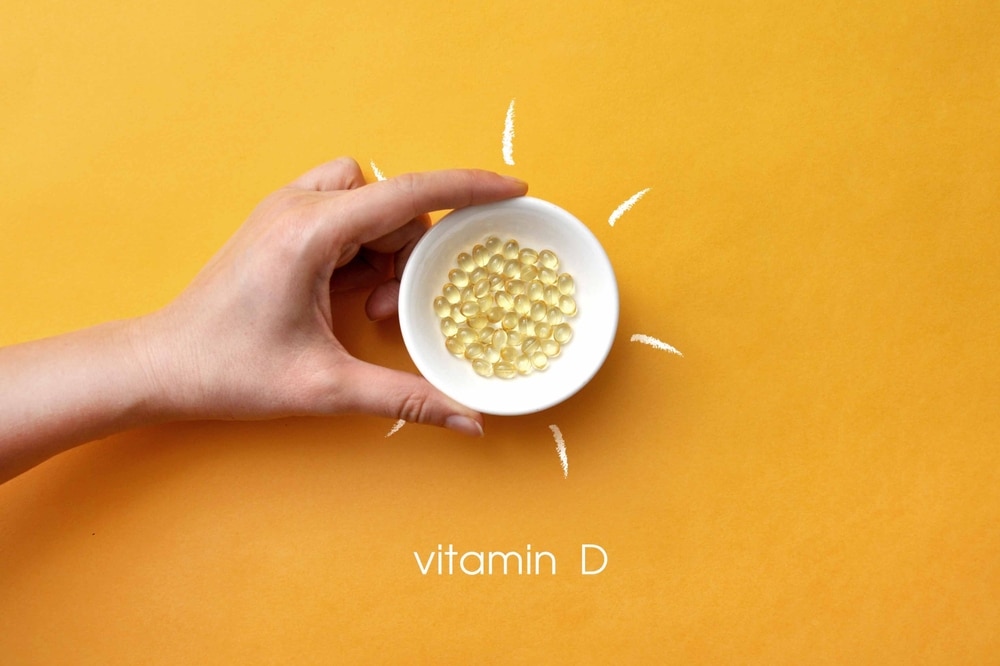5 Ways to Avoid Being Miserable During Menopause
Use my five expert tips to transform your energy to focus on a positive menopause mindset and enjoy this stage of life!
I’ve always been a firm believer in the power of positive thinking. I have long repeated the phrase, “where our mind goes, our energy flows.” And as the menopause transition started to rear it’s head in my life, I realized that I was going to have to embrace this next chapter with a can-do attitude.
How I managed menopause was going to be up to my mindset.
Growing up, our female relatives may not have discussed menopause with us, or if they did, it was often only in reference to the common menopause symptoms like unpleasant hot flashes, night sweats, and mood swings that come with it. Because of this, as most of us approach menopause, we’re typically greeted with either a lack of information altogether or a completely negative picture of how to deal with it.
Menopause is a significant transition in a woman’s life. Now on the other side of the transition, I want to share how a positive menopause mindset during this phase helped me maintain my sanity. Mindset is crucial for several reasons, impacting both mental and physical well-being.
Here’s why a positive attitude can make all the difference.
This Is Not Your Mother’s Menopause

Photo Credit: Shutterstock
In the past, menopause was often shrouded in secrecy, treated as something to be endured quietly. Today, however, we have the opportunity to redefine this stage of life.
Menopause is not a curse; it’s a natural transition that every woman goes through.
It’s time to let go of those outdated beliefs and educate ourselves on what is really happening to our bodies. Menopause is not an end but a new beginning—a chance to focus on our health and well-being like never before.
Many of us live for decades after menopause and how we look at this new part of our lives will define what comes next.
My Personal Journey with Menopause
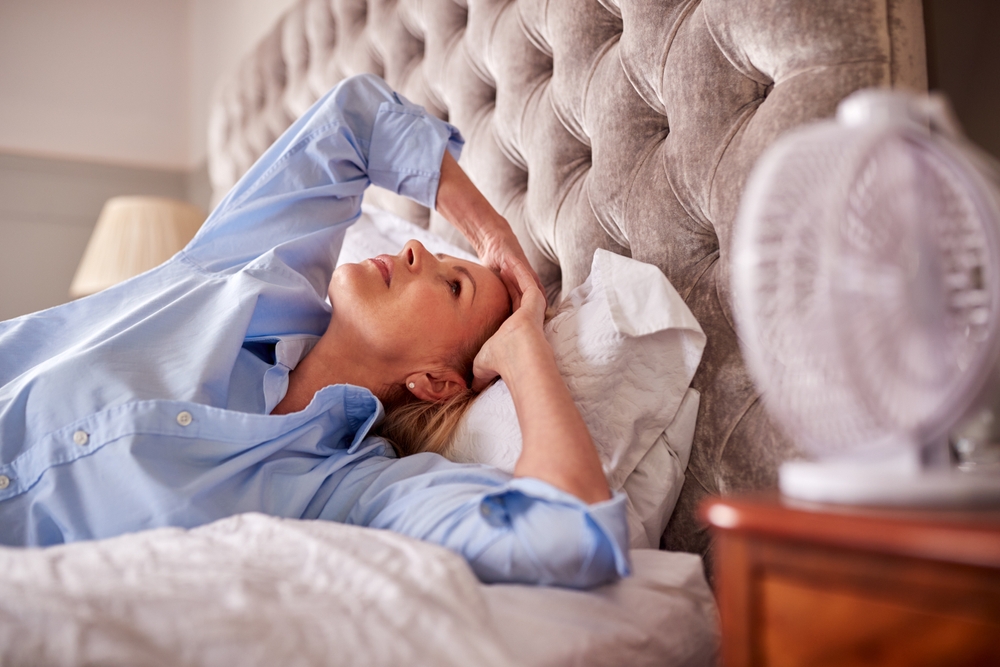
Photo Credit: Shutterstock
Perimenopause just snuck up on me. I had a full six months where I felt tired and moody and I didn’t put two and two together till after the fact that it was my fluctuating hormones causing these physical symptoms.I was struggling in my workouts, had brain fog, and in general felt flat.
And then I realized it was the beginning of my journey through menopause.
I never was taught anything about menopause in my earlier years and never discussed it with my mom or friends so this was all new for me. To start feeling better, I decided to “reset my mindset” and dig into the books, research, podcasts, anything I could get my hands on.
I’ve put together the best tips that worked for me below so you can hopefully have a manageable and positive peri- and post menopausal transition:
1. Embrace the Change
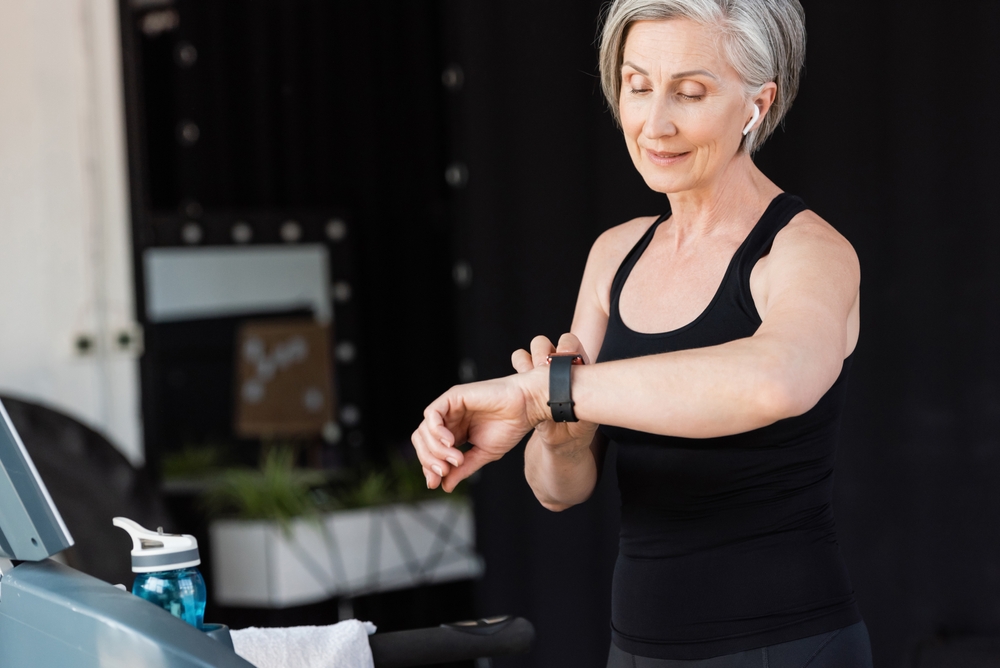
Photo Credit: Shutterstock
Menopause is a natural part of life’s journey, marking the transition from one stage to another. By seeing menopause as a natural and expected milestone, you can approach it with acceptance and even anticipation.
Remember that this change signifies a new chapter filled with opportunities for growth, self-discovery, and renewed focus on personal health and well-being. This phase can be a time to reconnect with yourself, discover new interests, and set new goals.
2. Knowledge is Power

Photo Credit: Shutterstock
Get educated about what is happening to your body and what to expect. Understanding the biological and hormonal changes can demystify the process and reduce anxiety.
Read books, attend seminars, and talk to healthcare providers who specialize in menopause.
Knowing what to expect and learning about various coping strategies can demystify the process and equip you with the tools needed to navigate it confidently. The more informed you are, the more control you’ll feel over your own health journey.
3. Lifestyle Tweaks
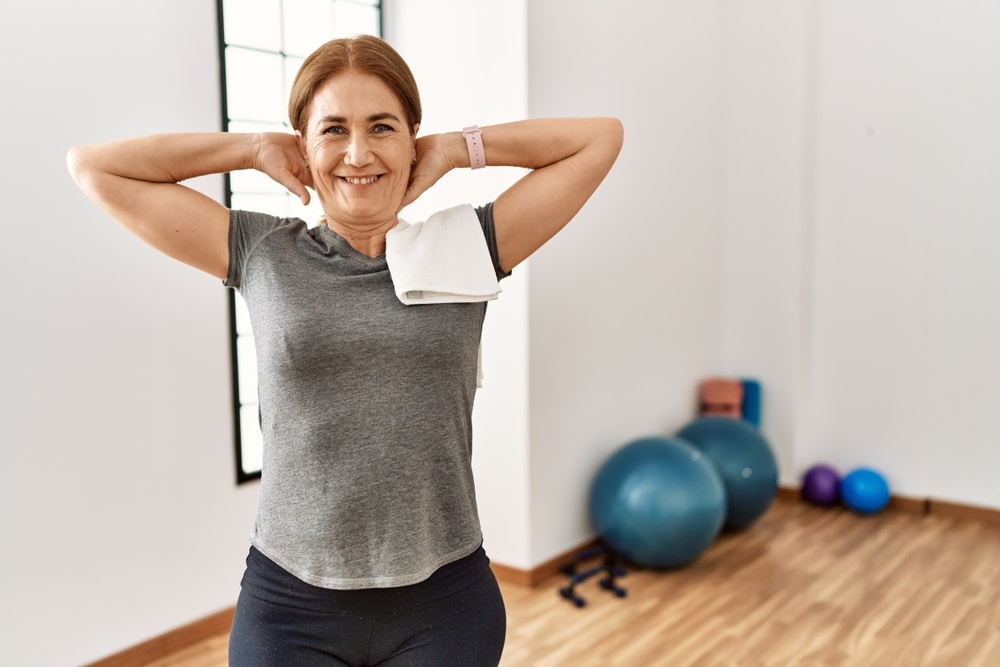
Photo Credit: Shutterstock
Small, intentional changes in your lifestyle can have a profound impact on how you experience menopause.
Focus on these three basics:
- Healthy Eating: Incorporate a balanced menopause diet rich in fruits, vegetables, whole grains, and lean proteins. Foods high in calcium and vitamin D are essential for bone health, which becomes more critical during menopause.
- Regular Exercise: Establish a consistent workout routine that includes cardiovascular exercises, strength training, and flexibility exercises. Physical activity can alleviate many menopause symptoms, including weight gain, mood swings, and sleep disturbances.
- Mindfulness Practices: Incorporate activities like a yoga practice, meditation, or deep-breathing exercises to reduce stress and promote mental clarity. These practices can enhance emotional well-being and help you stay grounded.
These tweaks not only boost your physical health but also enhance your emotional resilience, helping you feel more energized and in control.
4. Find Your People
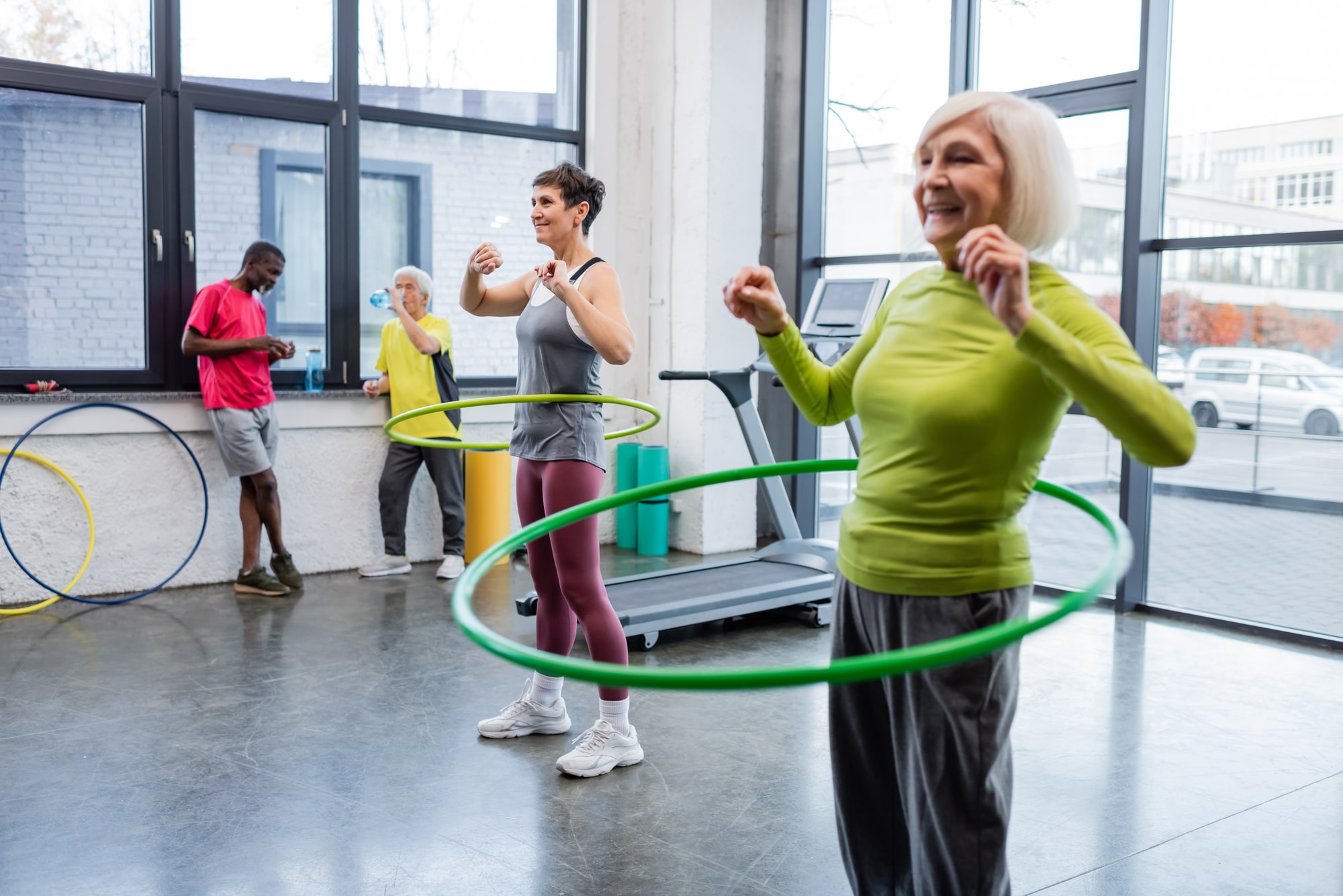
Photo Credit: Depositphotos
Building a support network is essential during menopause. Surround yourself with friends, family, and peers who understand what you’re going through.
Sharing experiences, advice, and even a good laugh can be incredibly uplifting. Don’t be shy about reaching out—you’re not alone.
5. Accept the Challenge

Photo Credit: Shutterstock
Look at menopause-related challenges as opportunities to grow and become more resilient. Each hurdle you encounter is a chance to gain wisdom, resilience, and a deeper understanding of yourself.
Embrace the changes with an open heart, and focus on the personal growth and strength that come from navigating this transition. By maintaining a positive mindset and seeing challenges as opportunities, you’ll find yourself more equipped to handle the ups and downs with grace and confidence.
Taking Charge of Your Health

Photo Credit: Shutterstock
Changing your mindset is just the beginning. There are so many symptoms of menopause but here are some practical steps you can take to navigate this time of life with confidence:
- Stay Active: Regular exercise can help manage symptoms like weight gain, sleep disturbances, and mood swings. Find activities you enjoy and make them a part of your routine.
- Eat Balanced Meals: Focus on a balanced diet rich in fruits, vegetables, lean proteins, and whole grains. Proper nutrition can alleviate many menopause symptoms.
- Prioritize Sleep: Quality sleep is essential. Establish a bedtime routine, create a comfortable sleep environment, and avoid caffeine and electronics before bed. These are my best tips for getting better sleep.
- Manage Stress: Incorporate stress-reducing activities such as yoga, meditation, or deep breathing exercises into your daily life.
- Stay Hydrated: Drink plenty of water to help manage hot flashes and maintain overall health. These are the best tips for drinking more water every day.
Embracing a New Chapter

Photo Credit: Shutterstock
Menopause is a significant life transition, but it doesn’t have to be negative. As a personal trainer, health coach and post menopausal woman, I’ve seen firsthand how powerful a positive mindset can be.
Embrace the change, educate yourself, and make small lifestyle tweaks to enhance your well-being. Surround yourself with supportive people and view challenges as opportunities for growth.
You’ve got this. Menopause is just another chapter in your incredible life story. Let’s make it a beautiful one.


